Research and Policy Media Relations Manager
Gavin draws on more than 25 years of experience in communicating about science, medicine and health policy. She focuses mainly on the health services research done by members of the U-M Institute for Healthcare Policy and Innovation, who work to understand and improve the safety, quality, equity and affordability of health care. As part of the Michigan Medicine communication team, she has lead responsibility for primary care and mental health topics. Contact: [email protected]; Twitter: @Karag


Health Lab
Tissue and blood samples taken from patients can hold the keys to biomedical discovery. But the research community must consider patient privacy, a new perspective says.
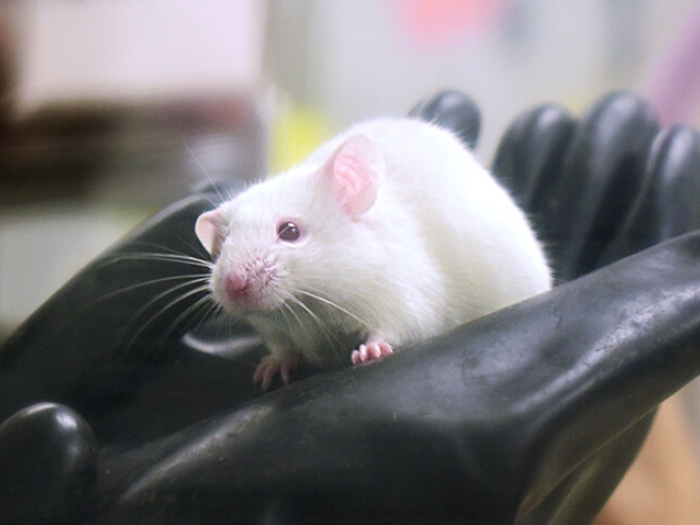
Health Lab
Why do so many babies fall victim to infections that invade the gut, but others don’t? Research in germ-free mice yields important clues.
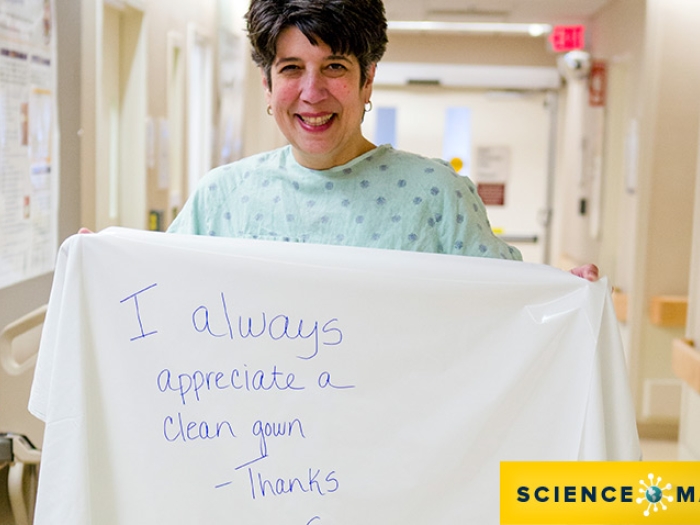
Health Lab
A patient with chronic pancreatitis is helping shape research on vascular access devices — and much more — at Michigan Medicine.
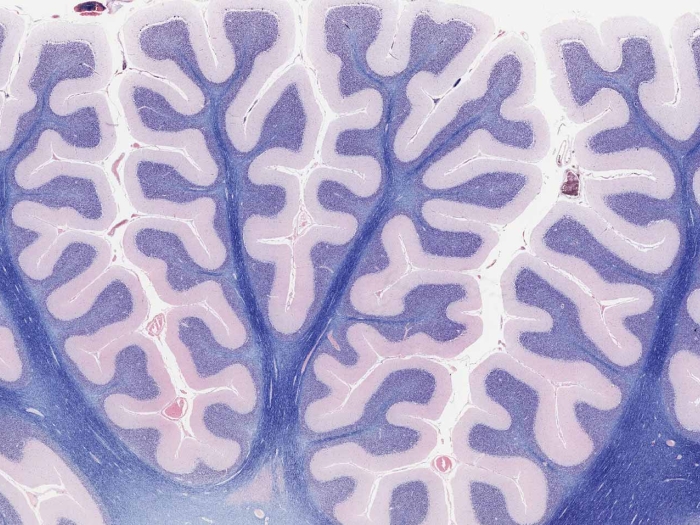
Health Lab
When it comes to understanding the human body, seeing is believing. Now, a new website allows teachers and students anywhere to look through a “virtual microscope.”

Health Lab
Many adults take corticosteroids for short-term symptom relief — but providers may want to consider possible side effects more closely.
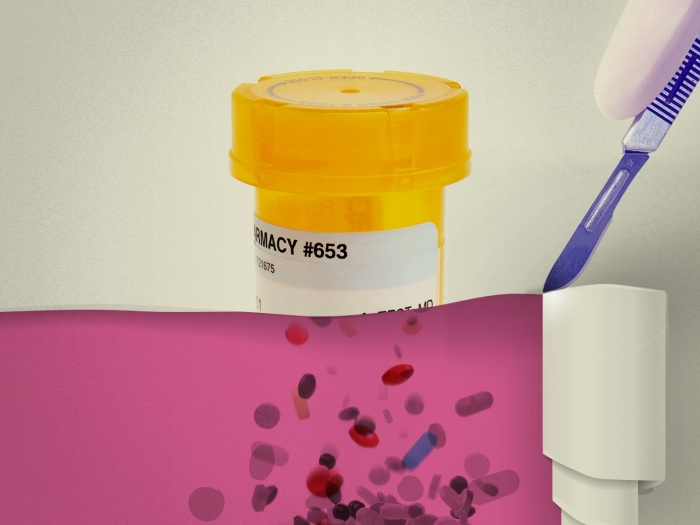
Health Lab
For some surgery patients, a prescription to ease postoperation pain leads to continued opioid use months afterward.

Health Lab
Researchers grade one of the longest-running report cards for hospitals — and find it needs a tuneup.
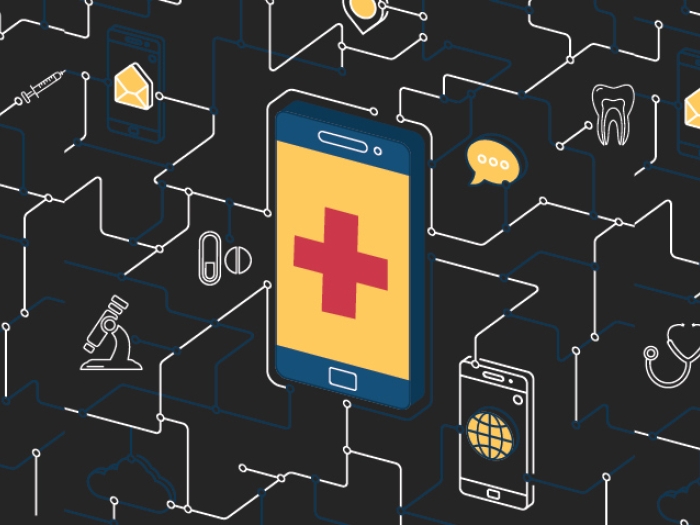
Health Lab
Plenty of websites promise to help people with health issues — but many lack gold-standard testing or public access. Research highlights the right resources for those in need.

Health Lab
Veterans already have an increased risk of suicide. Those with substance use disorders or mental health conditions are in particular need of help, a new study asserts.

Health Lab
In a randomized controlled trial, a brief talk with a counselor helped ER patients reduce drug misuse, and a “virtual therapist” on a tablet also showed promise.
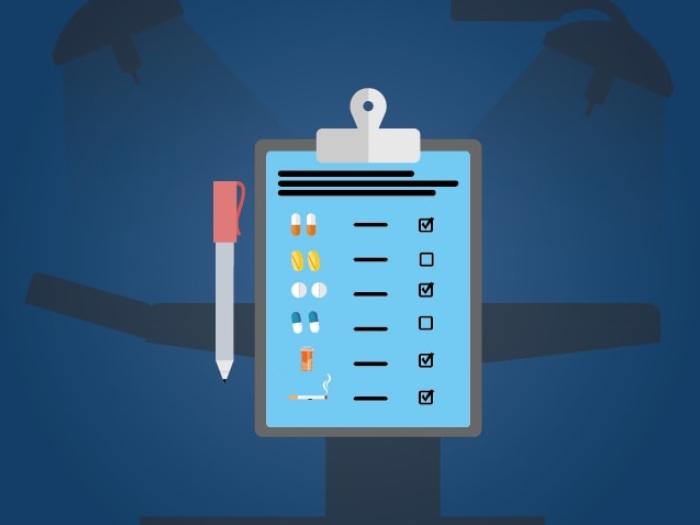
Health Lab
Research suggests that patients and physicians should be aware of opioid use before elective operations such as hysterectomy and bariatric surgery.

Health Lab
A new mathematical model aims to combine the “beauty” of mathematics with biology to set the stage for future discovery.
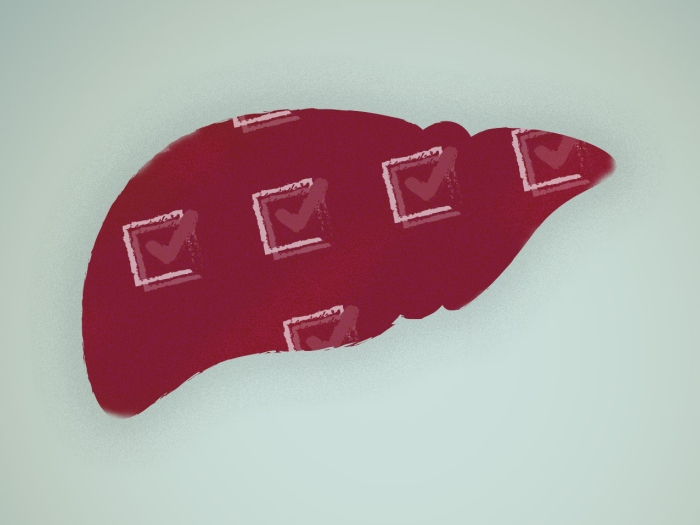
Health Lab
Read perspective from a University of Michigan researcher on how too many liver tests at once may lead to unneeded worry, biopsies and costs.

Health Lab
Read about a new lung microbiome study reviewing new research on bacteria in lungs and how it got there, and what happens to the and our bodies as a result.
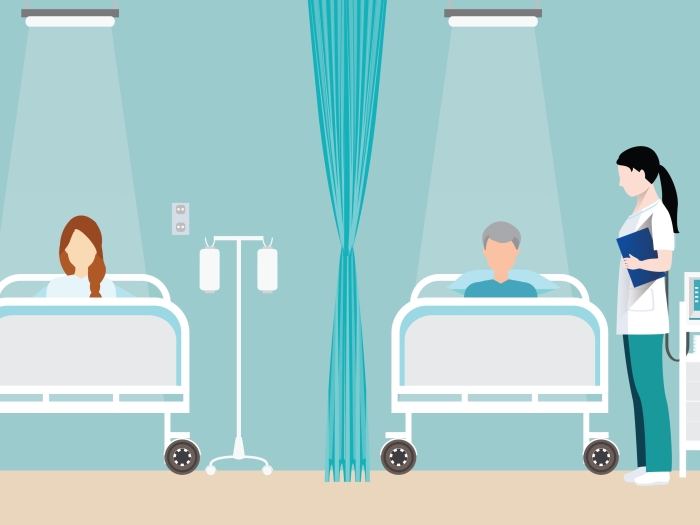
Health Lab
Sending a patient to an intensive care unit after a heart attack, or a flare-up of heart failure or COPD, may sound like the best option. But it’s not always the case.